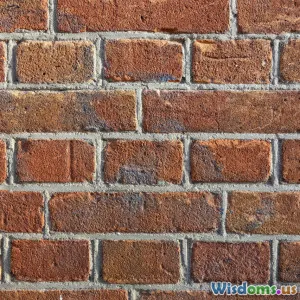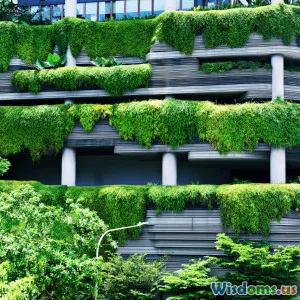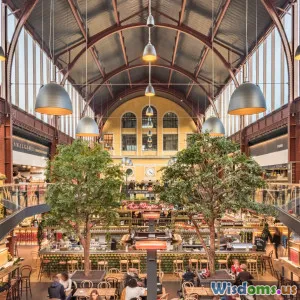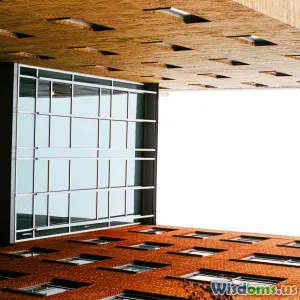
Unexpected Benefits of Cork Insulation in City Offices
13 min read Explore surprising advantages of using cork insulation in urban office buildings, including sustainability, noise reduction, and energy savings. (0 Reviews)
Unexpected Benefits of Cork Insulation in City Offices
Modern city offices face a unique set of challenges: constant noise, ever-rising energy bills, and the pressure to create healthy, sustainable work environments. While glass facades and innovative HVAC systems dominate current trends, one natural solution is quietly gaining traction across urban landscapes: cork insulation. Beneath its humble surface, cork offers a trove of uncommon advantages perfectly tailored to the demands of bustling metropolitan offices.
Urban Soundscapes Silenced: The Acoustic Edge of Cork

City offices, especially those near busy streets or transportation hubs, are constantly contending with the ceaseless pulse of urban life. Traditional partition walls and double-glazed windows blunt some of the noise, but cork has emerged as a game-changer.
Why Cork Stands Out for Soundproofing
Cork’s microscopic honeycomb structure absorbs and dampens sound waves exceptionally well. Unlike conventional insulation materials, cork disables both airborne noise (such as conversations and traffic) and structural noise (vibrations from subways or construction machinery). For open-plan offices, this means markedly improved productivity: studies have shown that workplace noise can reduce performance by up to 66% (CIRRUS, 2020).
Case Study: Noise Pollution Cut by Half
When a tech startup in downtown Toronto retrofitted their fourth-floor offices with cork wall panels and flooring, employees reported a decrease in distraction and stress levels. Noise meter readings confirmed ambient sound reduced by nearly 50%, without sacrificing office openness or aesthetics.
The Sustainability Story: Eco-Friendly from Harvest to Installation
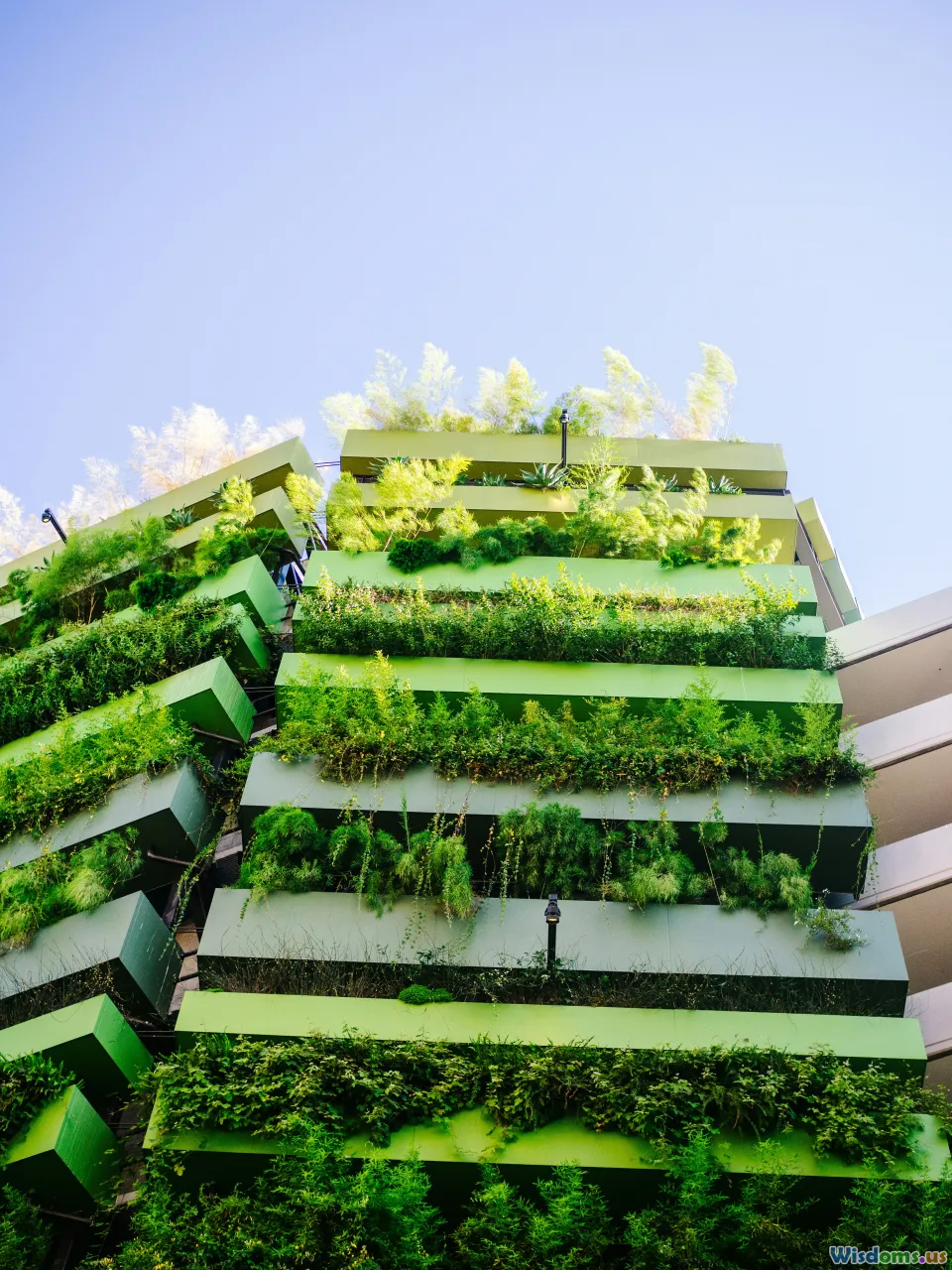
Businesses across city centers are prioritizing sustainability, not just for branding, but to meet strict regulations and attract environmentally minded talent. Cork insulation delivers impressive green credentials steeped in both tradition and modern innovation.
Harvesting Without Harm
Cork is harvested from the bark of the cork oak tree ( Quercus suber ), native to the Mediterranean. The process does not harm the tree, which regenerates its bark every 9-12 years. Each cork oak can be harvested up to 16 times in its lifetime, removing three times more CO2 from the atmosphere than unharvested trees (WWF, 2022).
Circular Economy in Action
Upon eventual replacement, cork insulation can be repurposed or composted, reinforcing the principles of a circular economy. City offices thereby avoid landfill waste and demonstrate tangible long-term commitments to sustainability.
Tip: LEED and BREEAM Points
Implementing cork insulation aids in gaining sought-after green building certifications such as LEED and BREEAM. Cork contributes credits for both recycled and rapidly renewable material use.
Humidity, Health, and Human Comfort: The Invisible Aid

Prolonged time in air-conditioned office environments can lead to headaches, dry eyes, and recurring colds. Workers’ expectations for well-being continue to rise, driving demand for healthier interior environments. Cork’s rare ability to moderate humidity comes to the forefront.
Natural Moisture Regulation
Cork’s cellular makeup allows it to ‘breathe’, absorbing excess atmospheric moisture and releasing it when conditions are dry. This self-balancing property helps maintain ideal humidity levels (between 40–60%), reducing the risk of mold, mildew, and the proliferation of viruses and allergens.
Real-World Impact: Wellness Improvements
A creative agency in São Paulo switched to cork underlays and wall insulation, noting a 22% reduction in reported respiratory complaints within six months. Absenteeism linked to sick leave fell substantially through the following year.
Actionable Advice: Integrate with Smart Sensors
Combine cork insulation with IoT humidity sensors to track and fine-tune workspaces. Use data analytics to demonstrate improvements in staff well-being and productivity, bolstering HR and ESG reports.
Thermal Stability and Energy Savings: Beyond the R-Value
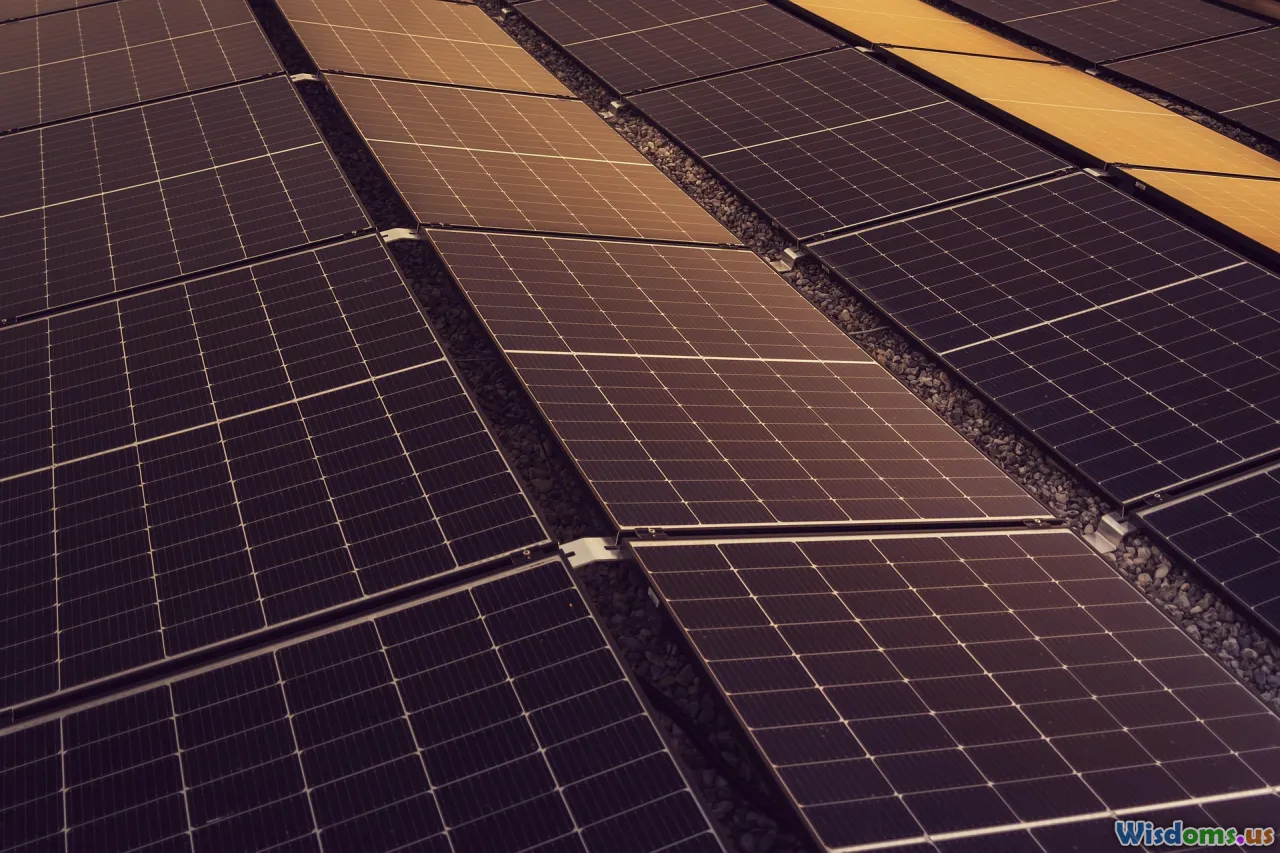
With energy costs in city skyscrapers soaring, even minor improvements in thermal efficiency offer long-term paybacks. While technical datasheets showcase cork's impressive R-values, there's more at play in the urban context.
The Science of Slow Heat Transfer
Cork’s cellular structure—comprised of up to 90% air—acts as a remarkable thermal buffer. This means less heating in winter and cooler interiors during summer’s hottest days, reducing demands on HVAC systems.
Example: Dramatic Energy Bill Reductions
A co-working space in Paris reported annual energy savings of 18% after retrofitting its ceiling insulation with cork tiles, outperforming mineral wool insulation in independent third-party tests. Utility records confirmed tangible cost reductions just six months post-installation.
Passive Comfort, Active Savings
Beyond direct insulation, cork wall and floor panels also reduce cold or hot ‘radiation’ felt near exterior walls and windows. Employees experience fewer temperature fluctuations, leading to fewer office thermostat battles—and more consistent productivity.
How-To: Calculating ROI
Factor upfront cork insulation costs against average city energy rates, expected R-value performance, and lifespan (typically 40+ years) to compute payback timelines. Numerous online tools (such as CoolCalc) can help.
Fire Resistance and Safety Confidence

Fire safety is a top concern for building managers and insurers, especially in older office buildings or densely built blocks. Cork provides an extra layer of passive protection, often overlooked.
Inherent Fire Resistance
Natural cork contains suberin, a waxy substance rendering it both moisture-resistant and slow to ignite. In fire tests, cork insulation emits minimal smoke and does not release toxic gases when exposed to high temperatures, in stark contrast to many synthetic foams.
Fact: Meeting Stringent Codes
European fire regulations (EN ISO 11925-2) recognize expanded cork for its fire safety properties, making it suitable for large public and commercial buildings where traditional insulation types may fall short.
Actionable Tip: Insurance Advantages
Check with your insurer for possible discounts on office property premiums after installing cork insulation with recognized fire ratings. Provide before-and-after documentation for claim efficiency and compliance.
Practical Durability and Urban Resilience
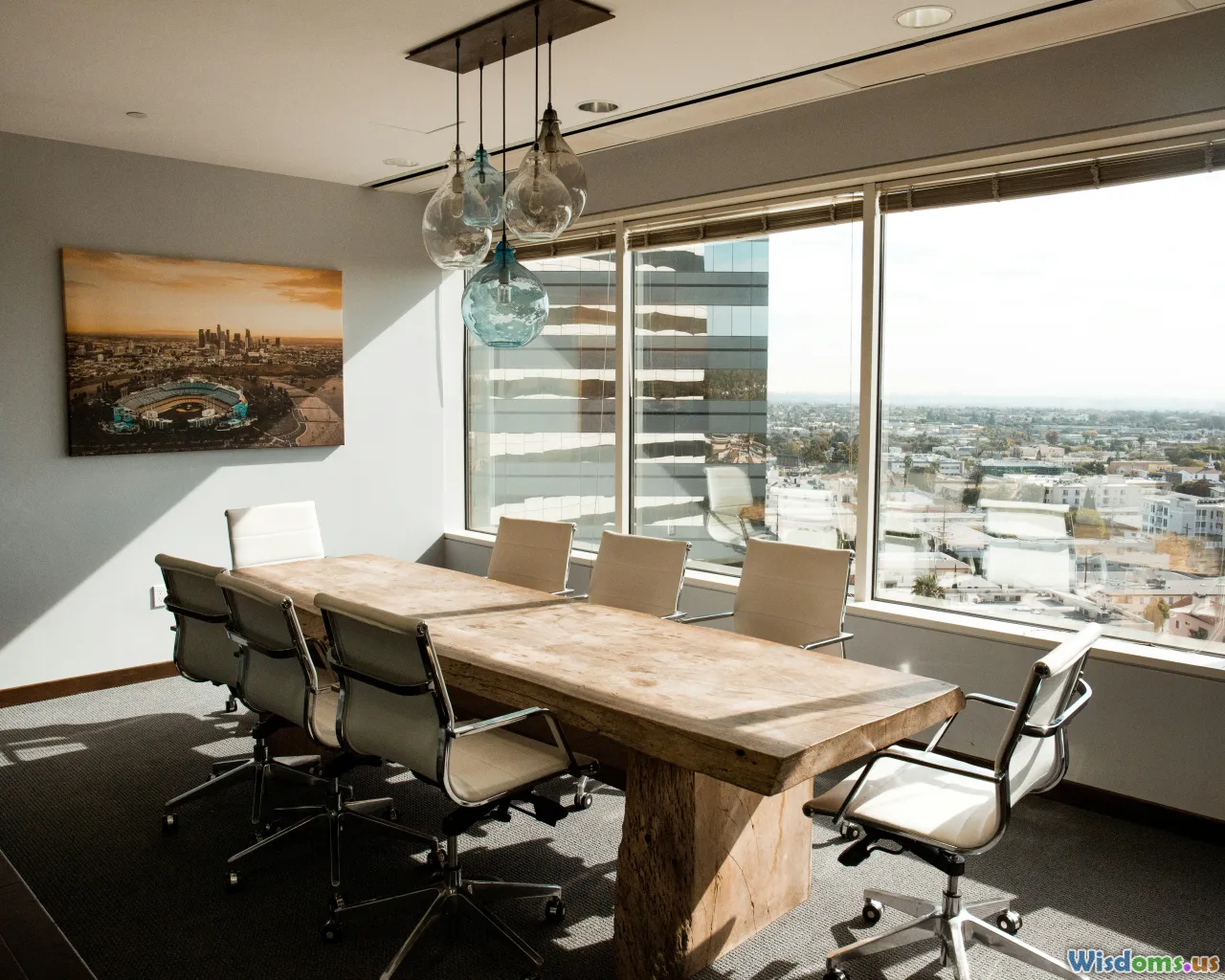
City offices endure constant wear: daily cleaning, moving furniture, or even just the relentless vibration of traffic below. Here, cork’s ruggedness translates to real savings and minimal disruption.
Standing the Test of Time
Cork naturally rebounds from compression and resists abrasions. While many insulations slump or degrade, cork panels and boards retain shape for decades, even in high-traffic corridors or server rooms where access panels are frequently moved.
Example: A 30-Year Success Story
The Milan head office of an international law firm retrofitted cork insulation in the late 1980s. Subsequent building surveys found the original cork panels intact, providing nearly identical thermal and acoustic performance after more than 30 years—outlasting renovations and fit-outs.
Pest, Mold, and Water Resistance
Cork’s unique chemistry discourages pests and inhibits mold growth without any chemical additives—vital for health and maintenance in humid city environments.
Pro Tip: Maintenance-Free Installations
Choose pre-finished cork panels for areas prone to scuffs or impact. A quick wipe restores the pristine look, avoiding frequent re-painting or repair cycles typical of plasterboard and fiberglass.
Biophilic Design and Wellness: The Aesthetic Advantage
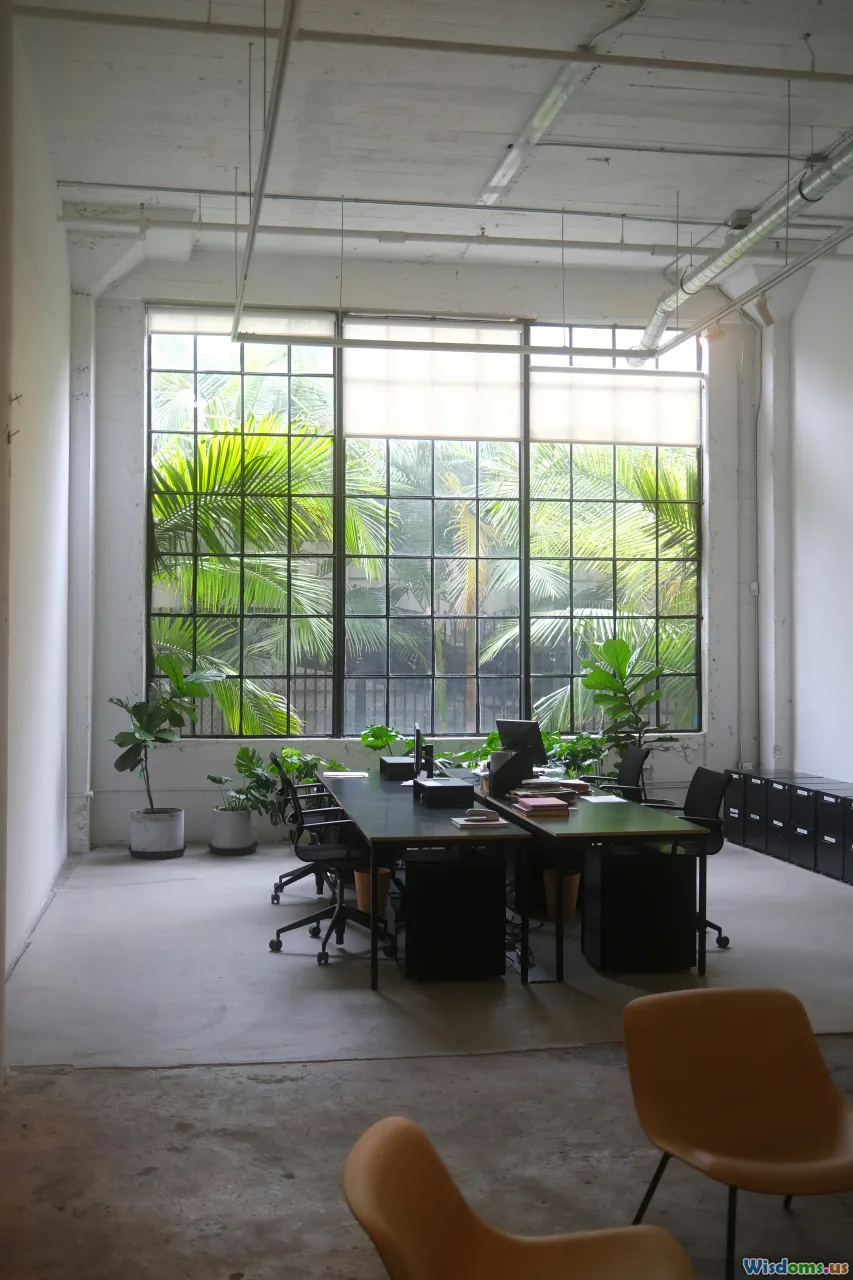
Besides practical perks, cork delivers surprising psychological and physiological benefits through biophilic design—the practice of connecting office interiors to nature.
Texture, Warmth, and Visual Calm
Natural cork surfaces imbue interiors with organic texture and muted earth tones. Studies indicate that exposure to natural materials in workspaces can reduce stress levels, boost creative thinking, and even speed decision-making.
Case Study: Global Branding Through Cork
A multinational consulting firm in London incorporated cork wall paneling and dividers as focal points in meeting rooms and lounges. This simple switch not only fostered a relaxed, inviting environment, but also became a unique brand statement about their commitment to sustainability and employee wellness.
Customization Options
Cork is easily stained, painted, CNC-carved, or even digitally printed, enabling active branding, wayfinding, or artwork on functional surfaces. Creative use of cork sends a message—authentically green and vibrant—that synthetic finishes can’t match.
How-To: Combining Aesthetics and Functionality
Collaborate with interior designers experienced in biophilic vision to make the most of cork’s tactile and acoustic benefits. Layer in vertical gardens, living walls, or wood details for an elevated natural ambiance.
Championing Future-Ready Urban Offices
While much is said about smart buildings and cutting-edge office tech, often the best solutions spring from nature and tradition reinvigorated for the present. Cork insulation may appear simple on the surface, yet its confluence of acoustic, thermal, fire safety, and wellness merits set it apart for the modern city workforce. As urban offices strive for human-centered, climate-resilient, and efficiency-driven spaces, cork stands ready to deliver both expected and unexpected benefits—for decades to come.
Rate the Post
User Reviews
Popular Posts










